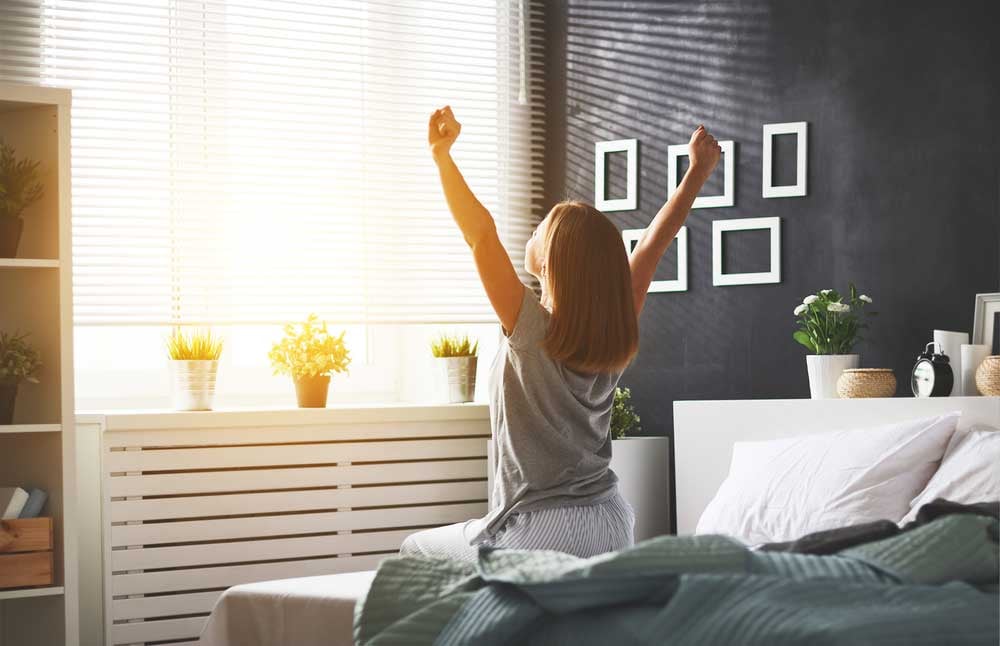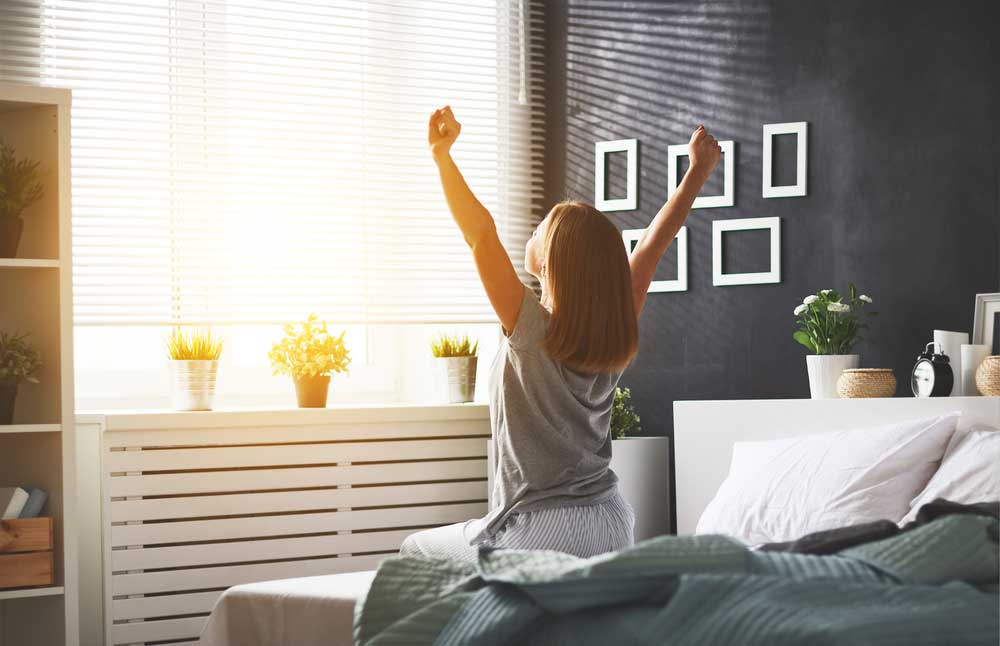How Does Chronic Poor Sleep Affect Your Health?

Sleep plays a crucial role in our overall health and well-being, influencing various aspects of our physical and mental functioning. As a healthcare professional treating individuals with vein circulation conditions, I have witnessed firsthand the impact of sleep health on their overall well-being. As a practitioner, there were many times I was sleep-deprived due to overnight medical duty. I learned firsthand how this can affect a person's physical and emotional state.
In this blog post, we will explore the relationship between sleep and overall health, highlighting the importance of quality sleep for maintaining a balanced and healthy life.
Sleep Deprivation and Health Consequences
Insufficient and poor-quality sleep disrupts the body's natural mechanisms of homeostasis, which is the process of maintaining internal balance. The adverse health effects of sleep deprivation are vast and continue to be an area of ongoing research. Here are some significant health consequences associated with poor sleep hygiene:
Increased Risk of Cardiovascular Issues
Sleeping less than seven hours per night is linked to a higher risk of heart attacks, strokes, and even asthma-related complications. Chronic sleep deprivation can have serious implications for cardiovascular health, increasing the risk of life-threatening conditions.
Obesity and Weight Management Challenges
Poor sleep hygiene is closely associated with overeating, weight gain, and obesity. Individuals with sleep problems tend to have difficulties managing their weight, potentially leading to further health complications. Interestingly, the relationship between sleep and weight is bidirectional, with obesity also contributing to sleep issues.
Emotional Instability and Relationship Strain
Lack of adequate sleep can significantly impact emotional well-being. Individuals experiencing poor sleep often exhibit emotional instability, referred to as a labile emotional state. This emotional volatility can lead to irritability, anger outbursts, and strained relationships with others, as the true cause of their behavior may not be apparent. What happens is that the fatigued individual is in a state of physical and mental pain because of their fatigue and they don't understand how their negative behavior is affecting other people. People who are not fatigued are exposed to that unpleasant behavior and would like to avoid it and not be around that person. It can be quite damaging to relationships.
Association with Depression
Chronic sleep deprivation is linked to an increased risk of developing depression. Depression itself carries a range of negative health outcomes, including a higher risk of mortality. Furthermore, individuals with depression often neglect self-care, exacerbating their overall health condition.
Improving Sleep Health for Overall Well-Being
Recognizing the vital connection between sleep and overall health, it is crucial to prioritize and improve sleep hygiene. Here are some strategies to enhance sleep health:
Establish a Consistent Sleep Routine
Set a regular sleep schedule by going to bed and waking up at the same time every day, even on weekends. This routine helps regulate the body's internal clock, promoting better sleep quality.
Create a Sleep-Friendly Environment
Ensure your sleep environment is dark, quiet, and comfortable. Consider using blackout curtains, earplugs, or white noise machines to optimize the conditions for restful sleep.
Practice Relaxation Techniques
Incorporate relaxation practices into your bedtime routine, such as deep breathing exercises, meditation, or gentle stretching. These activities can help calm the mind and prepare the body for sleep.
Limit Stimulants and Electronic Devices
Avoid consuming caffeine and stimulating substances close to bedtime. For sensitive individuals, caffeine early in the morning has a residual effect into the evening and can make falling asleep difficult. Additionally, minimize exposure to electronic devices 2-3 hours before sleep, as the blue light emitted by screens can disrupt the natural sleep-wake cycle. Consider wearing blue-lens glasses that block the blue light.
Prioritize Physical Activity
Engage in regular physical exercise during the day, as it promotes better sleep. However, avoid intense workouts close to bedtime, as they can interfere with falling asleep.
Seek Professional Help if Needed
If you consistently struggle with sleep issues, it may be beneficial to ask your healthcare professional (who may be your primary care specialist). Ask them if it's appropriate to try a home sleep-apnea test which usually involves wearing a finger monitor while sleeping to measure your breathing pattern. It's an easy thing to do at home and is a very useful first step.
Understanding the connection between sleep and overall health is vital for maintaining a balanced and fulfilling life. Poor sleep hygiene can have far-reaching consequences, impacting cardiovascular health, weight management, and emotional well-being, and increasing the risk of depression. By prioritizing sleep and adopting healthy sleep habits, individuals can optimize their overall health and well-being. Investing




